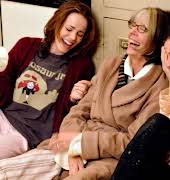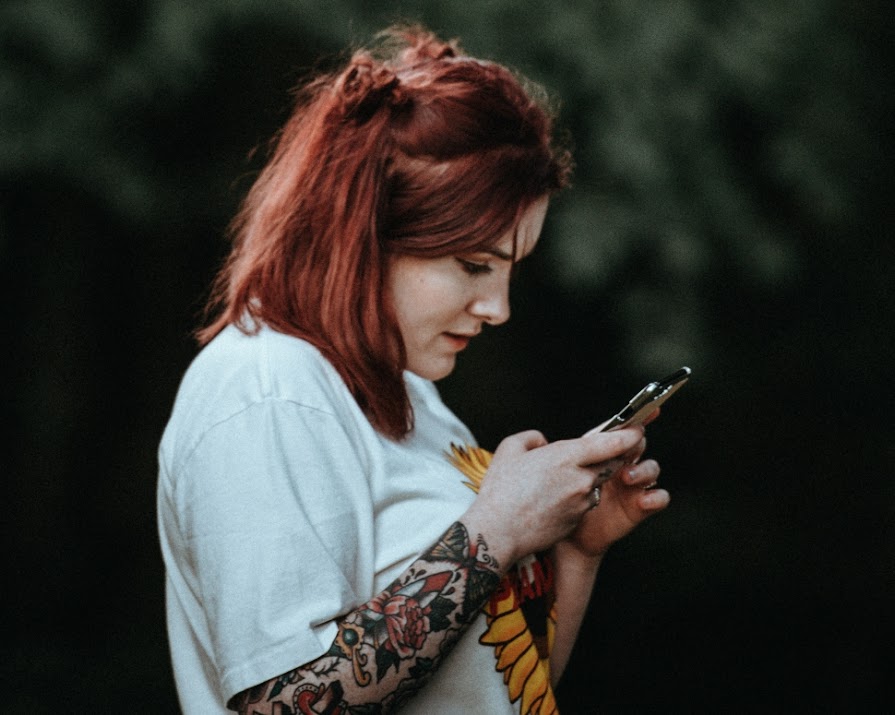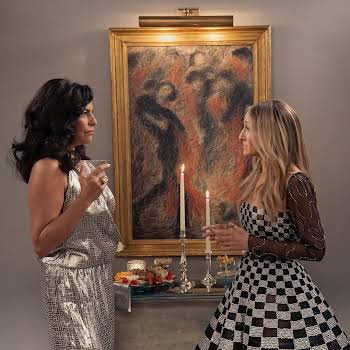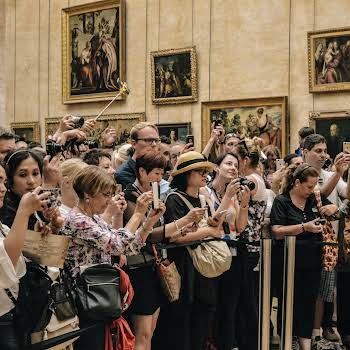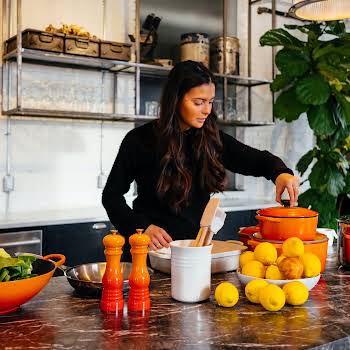Celebrities are over, it’s the civilians on Instagram that I’m obsessed with
By Sophie White
13th Apr 2018
13th Apr 2018
Forget the Kardashians and other mega influencers, it’s the random ‘nobodies’ that Sophie white is obsessively tracking on Instagram
A few years ago, This American Life presenter, Ira Glass left a production of King Lear and famously tweeted “No stakes, not relatable… Shakespeare sucks!” The comment natch sparked an outrage but it also said something about a new cultural devotion to relatability. We are no longer as enthralled to the impossible-to-fathom lives of the rich and famous, but rather peering at the lives of our peers with paparazzo-like intensity. My WhatsApp groups are awash with as much speculation about the social media updates of a mid-level style blogger who has 3000 followers and is someone’s cousin, as it is about Kim, Khloe, Kylie et al.
While celebs for years have been choreographing their every move from engagements to baby announcement now, to a certain degree, we all now shape a narrative of our entire lives online with our social media channels. A year ago, I was not on social media. I joined Instagram because it is practically a professional imperative now. Only the very successful can afford to not engage with social media. As a late adopter I felt almost like a tourist initially, though of course now I’m an insta-native.
What surprised me most about the irresistible draw of Instagram is not the insights into the rich and the famous but rather the view into the world of ordinary civilians, the more unremarkable the better for me. Local Instagram, as I call it is like one giant town square packed with everyone you’re vaguely connected to, all of us shouting about our lives and I love it. The people-watching is mighty. I hardly bother with Celebstagram at all anymore.
“Relatability,” wrote Rebecca Mead in a New Yorker essay titled The Scourge of Relatability “has become widely and unthinkingly accepted as a criterion of value.”
This sentiment goes some way to explaining what Fendi’s marketing consultant recently highlighted in writing about the growing trend of micro-influencers:
“Micro-influencers,” writes Sidney Pierucci, “have successfully settled in the world traditionally ruled by the Kardashians and eventually gained more value for marketers.”
“Marketers have noticed that once an account is over a certain size, however, fewer people bother to engage, questioning the value of a multimillion army of fans. The ratio of likes and comments to followers peaks when an account has around 1,000 followers. Get more than 100,000 followers, and engagement starts to flatten out; users just aren’t as keen to interact with a celebrity as with someone they can relate to more closely.”
“Whose ‘stories’ do you love on Instagram?” I ask a younger colleague. She reels off a list of random names none of whom I’d ever heard of or would be considered ‘influential’ in the slightest. So it’s not just me, then.
Our love of local Instagram demonstrates that we have an insatiable appetite for even the most banal lives being lived out around us. In fact, the closer to my own mundane existence the better. I’ll watch a mother of two kids who lives near me cruising the Aldi in East Wall over watching Pippa O’Connor picking out outfits any damn day. And I don’t even understand why. Why do we want something that is at only a tiny remove from our own experience?
The rise of relatability arguably began with reality TV. With shows like Big Brother, producers twigged that high production values, complex formats or even scripts were no longer necessary to keep audiences engaged. Gogglebox perfectly brought the reality TV explosion to a suitably meta full circle in 2013 when audiences confirmed that we were just as happy watching others watching TV as watching TV ourselves.
Mead’s essay argues that ‘relatibility’ suggests an immaturity on the part of the audience, that we are only capable of connecting with things that are familiar and recognisable.
Now of course the celebs want in on the relatability game.
Headlines like “Chrissy Teigan trying to take off a sports bra is all of us right now” or “You’ll relate so hard to Ryan Reynolds’ tweets a bout putting kids to bed” are the bread and butter of digital media which is heralding a creepy new era of manufactured relatability.
Relatability is being hijacked by the very people that we never cared about relating to. Do we want relatable celebrities? No we want crazy, batshit celebrities like Gaga and Beyonce to perform pantomime spectaculars of their lives so that we can soak up the spectacle and then turn on Instagram to watch Siobhan in Swords repainting her kitchen cupboards – she’s currently torn between ‘downpipe black’ and ‘elephant’s breath grey’, who said there’s nothing high stages about relatability?


